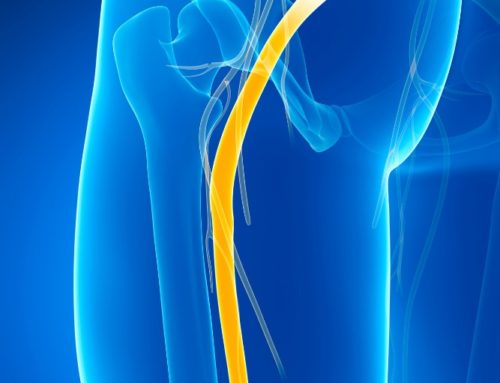The signs of most diseases start slowly, and neurological conditions are no different. The symptoms often go unnoticed, failing to trigger any concern that something is wrong. However, a simple headache or brain fog may often be an early indicator of a serious medical condition. Such neurological problems occur at any age, from childhood to the golden years.
If you notice such symptoms happening more frequently, seeking medical attention is a must. After evaluating your mental and physical condition, lifestyle, treatment or rehab for neurological diseases will likely be recommended. These will help manage your symptoms and possibly slow the progression of the disease. Of course, knowing what signs to look for is the first step.

What Is the Best Indicator of a Neurological Condition?
Neurological disorders have several possible symptoms. These may include loss of sensations, muscle weakness, a lack of coordination, slurred speech, or radiating pain. Though occasional occurrences are fine, more frequent instances are a cause for concern. Let’s look at the most common signs of neurological problems to watch for.
Headaches
Headaches happen all the time and come in many forms, including tension headaches, cluster headaches, or migraines. Lack of sleep, dehydration, or missed meals are also possible causes.
Though having a headache isn’t concerning, they are the most common symptom of neurological conditions. If you notice any changes in your headaches, it could be a sign something is wrong. For instance, sudden, frequent, or more severe occurrences could signal an underlying condition. If you notice such changes, it may be time to get checked out.
Brain fog
Brain fog is a blanket term used to describe several possible issues. These include decreased focus, concentration, attention, problem-solving, and memory. Though annoying when it happens now and then, consistent foggy days aren’t something to ignore.
In fact, brain fog is related to several neurological conditions, including dementia, Parkinson’s disease, multiple sclerosis, and stroke. If you notice your brain fog is happening more often with no notable cause, speak to your doctor as soon as possible.
Memory loss
We all forget things sometimes, and though irritating, it usually isn’t an issue. When it happens more often, it is somewhat alarming, especially when you’re forgetting things you should have no trouble remembering. These include memories, new events, work tasks, or other vital details.
Though often a sign of normal aging, memory loss could be associated with neurological conditions. These could include brain infection, head trauma, brain tumors, MS, stroke, or dementia. All these possible causes require medical attention to prevent further problems.
Vision changes
Another possible sign of a neurological condition is vision changes. Though your eyesight can change as you age, certain alterations aren’t normal. Some vision impairments result from head injuries, tumors, infections, MS, or strokes.
Some symptoms to watch for include blurring, double vision, altered depth perception, light sensitivity, or partial vision loss. Normal vision issues are often corrected with glasses or contacts. If these measures don’t work, diagnosing and treating the underlying neurological condition is crucial.
Resources:
https://www.hopkinsmedicine.org/health/conditions-and-diseases/overview-of-nervous-system-disorders
https://www.houstonmethodist.org/blog/articles/2020/jan/6-signs-its-time-to-see-a-neurologist/
https://medlineplus.gov/headache.html
https://www.pacificneuroscienceinstitute.org/blog/lifestyle/decoding-brain-fog-origins-neurological-mechanisms-and-recovery/
https://www.pennmedicine.org/for-patients-and-visitors/patient-information/conditions-treated-a-to-z/memory-loss#:~:text=Memory%20loss%20may%20be%20a,Alzheimer%20disease
https://www.betterhealth.vic.gov.au/health/conditionsandtreatments/vision-loss-neurological
This content comprises informative and educational resources only and can not be considered as a substitute for professional health or medical guidance. Reliance on any information provided in this article is solely at your own risk. If you have any inquiries or apprehensions about your medical condition or health goals, talk with a licensed physician or healthcare provider.






Leave A Comment